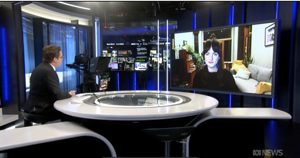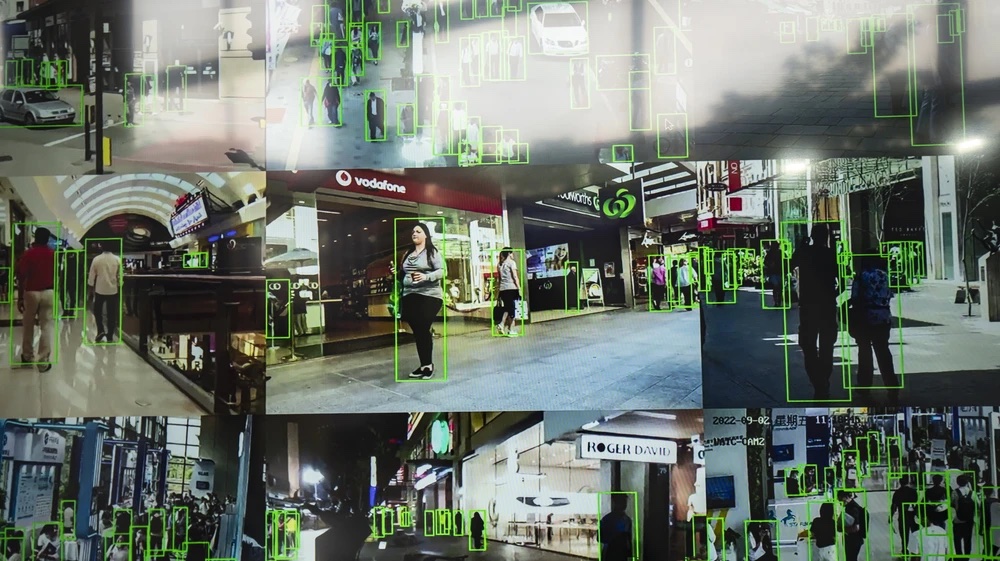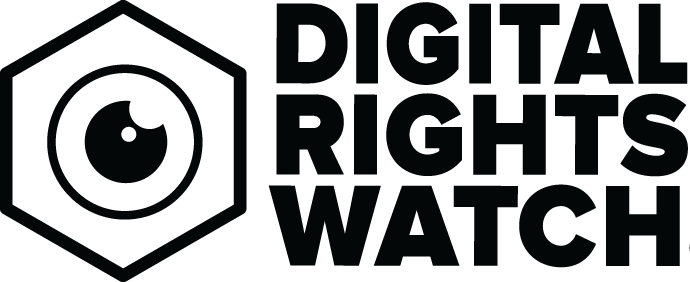Eyes on
facial surveillance
Optus wasn’t the only large company dragged into the public sphere to be held accountable for their data practices.
Earlier in 2022, people across Australia were alarmed to learn from a Choice investigation that popular retail stores had been using facial recognition technology on their customers, often without their knowledge or consent.
After years of sounding the alarm on facial surveillance, Digital Rights Watch joined fellow civil society groups in highlighting the dangers of facial surveillance to our privacy, our ability to move freely through the world, and ultimately, to our democracy.
Facial surveillance also reared its head in pubs and clubs around Australia, ostensibly about tackling gambling harms, but in reality serving to bolster the gambling industry. It also popped up in prisons, ostensibly about safety but in reality to increase profit.
These are prime examples of how invasive and dangerous surveillance technologies are often deployed upon vulnerable or demonised groups, touted as in their interest but ultimately about increasing convenience, efficiency and profit of those operating the system.
Digital Rights Watch consistently raised the alarm on this dangerous and harmful surveillance technology.
Highlights:

Samantha Floreani on facial recognition in major Australian retailers
Program lead, Samantha Floreani, talks about our concerns with Bunnings, Kmart and The Good Guys using facial recognition technology to scan the faces of shoppers in their stores.

Privacy, your face and the rise of facial recognition
Board members Lilly Ryan and Mark Andrejevic on ABC Radio National's Life Matters to discuss the rise of facial surveillance.

Facial Recognition Will Be Used to Boost Profits in Some Australian Prisons
“Harmful or controversial technology like this is often tested out on the most vulnerable in society, especially in places where they have limited rights and agency such as prisons, schools and workplaces.”

Facial Recognition Will Be Used to Stop Self-Excluded Gamblers in NSW
“If state governments genuinely care about tackling the harms of gambling, there is a swathe of other measures that could be taken that don’t rely on facial surveillance.”

Digital Rights Watch is fighting to uphold human rights online. We need your support to continue our high impact research, advocacy and campaigning.
Donate Now